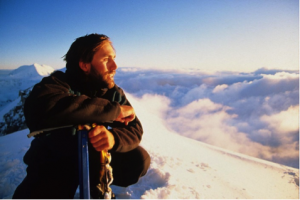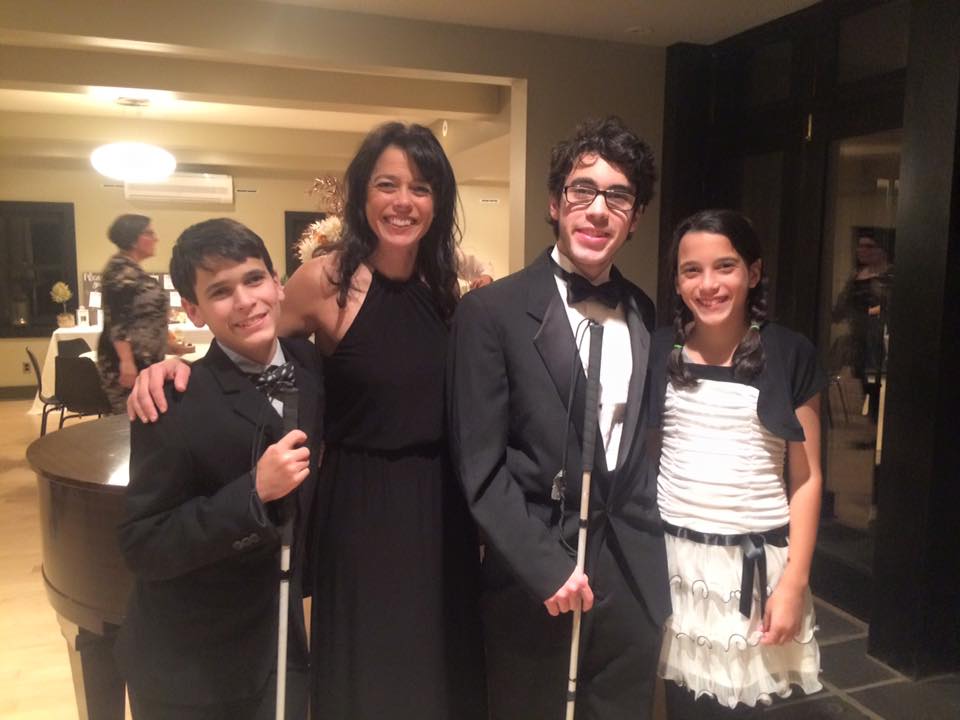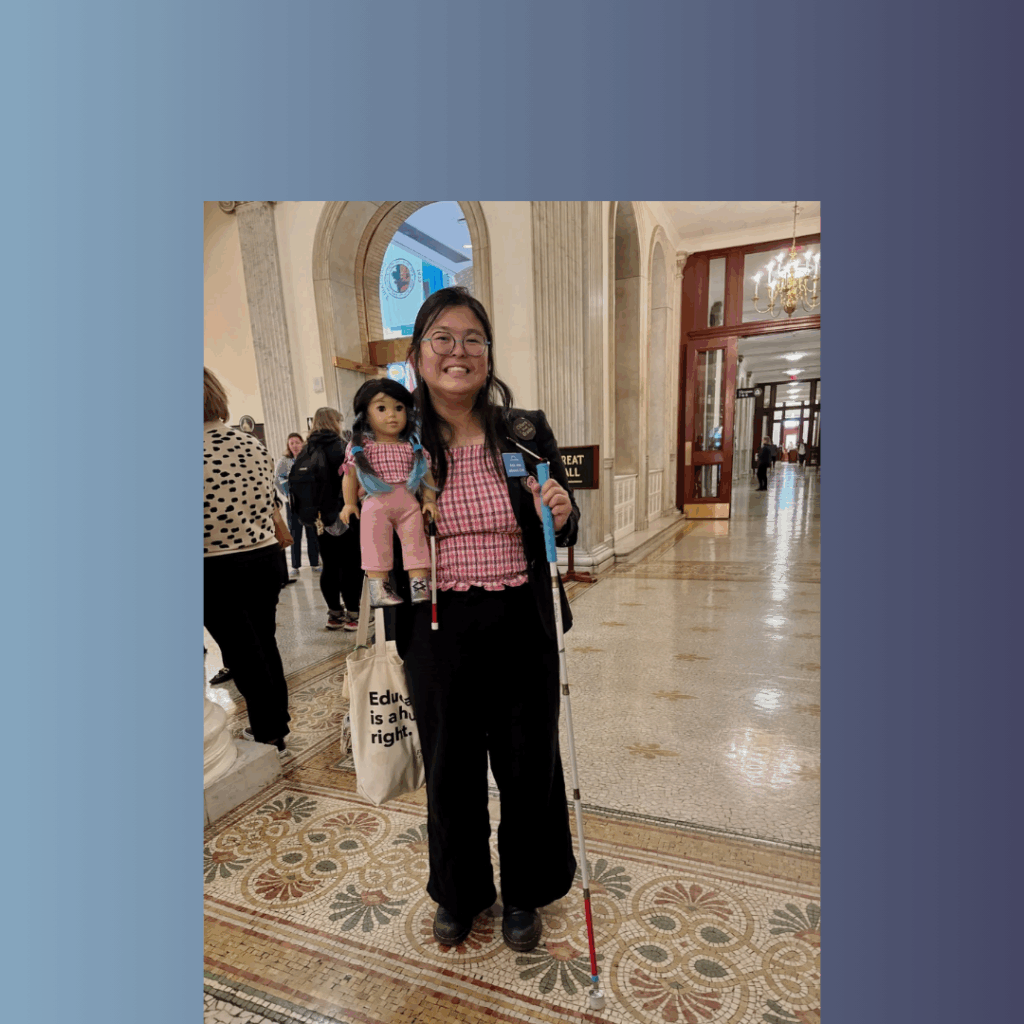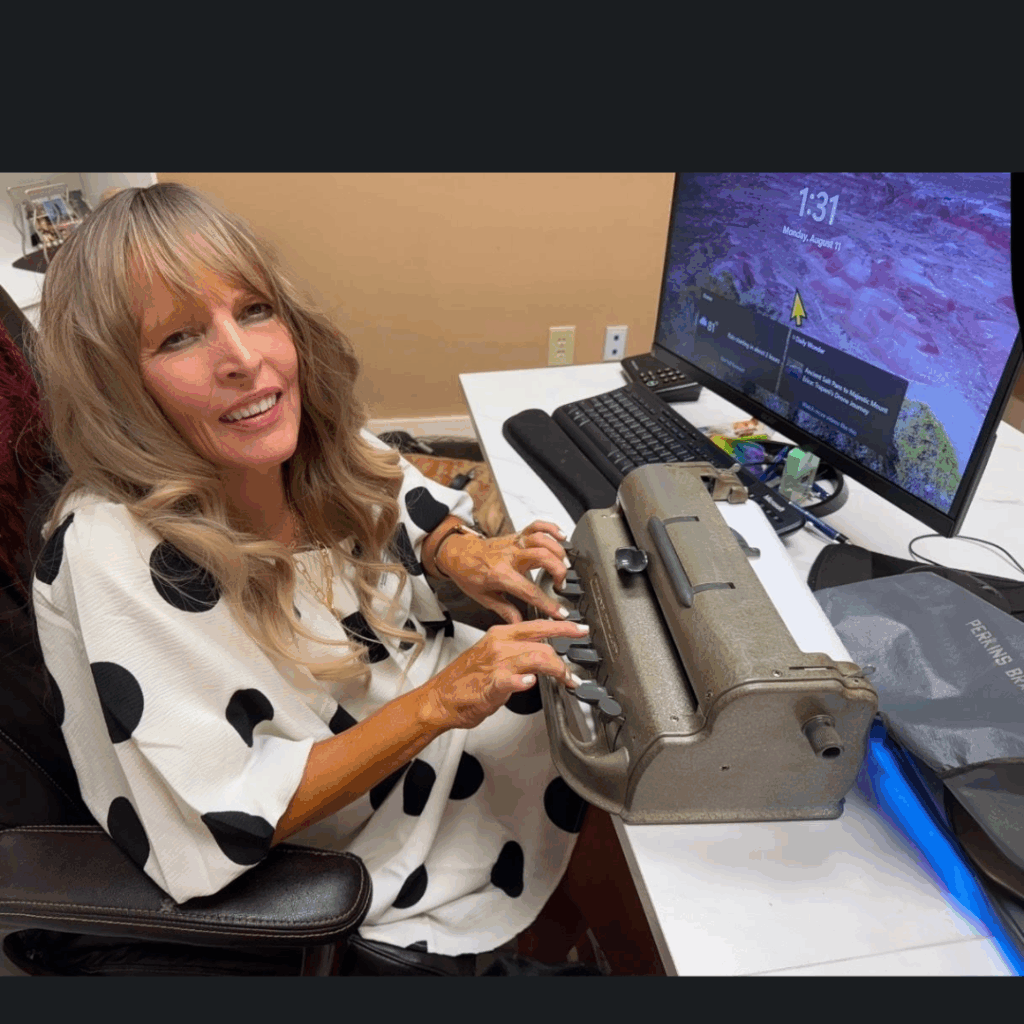My three children, two sons and a daughter, are typical teenage kiddos.
They go to public school.
They play sports.
They have friends.
They often stay up too late, keep their rooms quite messy, and talk back to me every now and again.
Yep, pretty typical. But my kiddos also each have a certain, not-so-typical aspect that makes them, well, them. Many people describe my children as extraordinary. But I don’t. High achievers? Yes. Resilient? You bet. But extraordinary? No.
However, it is my expectations for them and their expectations of how their lives will go that are extraordinary, and that is the game changer in our house.
![A screen capture of the definition of "extraordinary" from dictionary.com. The text reads: "extraordinary [ik-strawr-dn-er-ee, ek-struh-awr-] adjective 1. beyond what is usual, ordinary, regular, or established: extraordinary costs. 2. exceptional in character, amount, extent, degree, etc.; noteworthy; remarkable: extraordinary speed; an extraordinary man."](https://blindnewworld.org/wp-content/uploads/2018/01/Definition-of-extraordinary-300x143.png)
Dictionary.com defines the word “extraordinary” as “beyond what is usual, ordinary, regular, or established.” An additional word used for extraordinary here is “remarkable.” My children have some qualities and experiences that are definitely different from other people – and at first I didn’t realize just how remarkable a life we would have because of that.
For a while I could only see the ordinary things my children did not experience like everyone else. I did not have the extraordinary or “beyond what is usual” expectation that they would indeed do the things they wanted to do because, unfortunately, the ordinary, usual way of thinking about my kiddos’ future was pretty bleak.
You see, my two sons, Michael and Mitchell, are blind – and my daughter Karissa was born into a family of full inclusion for them.
My boys have a rare inherited eye disease, LCA-CRB1. When I received the first of the double diagnoses seventeen years ago, all I could think of was, “He will never play baseball. He will never keep up with other kids. He will never drive.” I thought of all the childhood things my son would miss out on. I sobbed over my visions of him never having a full life.
Here’s the thing: I had never met a blind person before. Ever. I wasn’t given a handbook or even a pamphlet on how to raise a blind child. All I knew about blindness was nothing at all. With no experience with blindness, and no role models of success, my perception was that blindness was dark and devastating. Therefore, I expected a life of challenge and hardship. Unfortunately, everyone I knew had the same bleak outlook for my children.
I felt alone in my journey raising two blind children, however I was definitely not alone in my ordinary expectation of what their lives would be like.
I am by nature an optimistic person, so it was against my DNA to be living in such pessimism with a bleak outlook on the future. I knew that living in devastation wouldn’t get me and my boys very far, so I put on my happy face and marched off the couch and into life with blind children.
As I climbed out of the devastation ditch I was in, I came across the story about a man named Erik Weihenmeyer who had recently climbed to the summit of Mount Everest – and he is completely blind.

His story began to shift my perception of blindness, which changed my expectation of what might be possible for my blind sons. If Erik could manage climbing a mountain without sight, surely my guys could figure out preschool, right?
That shift in perception and expectations worked – Michael sailed through “regular” preschool. He had great social skills and was the happiest kid in his classes. I’d like to say Michael’s story of greatness began here and we had smooth sailing into the future… but my life’s challenges pretty much never have the easy-breezy, “Disney style” happy endings.
The plot twist…
Although Michael had less than ten percent of the vision a sighted child had, he wasn’t expected to learn Braille because “he had so much vision that he’d fight it,” the professionals said. He was never introduced to the white cane because the professionals said, “You’re with him all the time and can hold his hand.” And when he got to Kindergarten, the Individualized Education Plan (IEP) team told me that Michael would only be expected to “find his cubby seventy percent of the time.” I knew we had a massive problem on our hands.
My son, like millions of other blind people, was only expected to have, at best, seventy percent of a full life. I was so not cool with that.
As I was scouring the internet for support groups, associations for the blind, and pretty much any and every one of the scarce resources I could get my hands on to find the tools of blindness my guys needed, I stumbled upon stories of blind adults that were succeeding without sight. I read about blind runners, musicians, and business leaders. I learned about assistive technology, Braille and mobility training. Wow, wow and wow!
My expectations for my sons’ lives were reaching new heights – but I was still sitting in IEP meetings where seventy percent was the goal.
And then a pivotal moment in my #MomLife: I found the statistic that took my breath away. Nearly seventy percent of blind people are unemployed. Seventy percent. Unemployed.
No wonder my boys were only expected to achieve at seventy percent!
Seventy percent achievement looked darn good in a niche where only thirty percent were thriving! Seventy percent unemployment rate to me screams “CRISIS!” – but nobody else seemed alarmed.
Many, many people were screaming “CRISIS!” over a glass ceiling that was holding them and their children down, but no one seemed to care that my children weren’t being held down by just a ceiling – they were put in an entire box of non-achievement and hopelessness.
My boys needed to break out of the box, the stigma, that so many people around this world have for blind people. They had to soar beyond the usual, ordinary expectation that blind people cannot live as full a life as a sighted person. I had to set the extraordinary expectation that my guys could and would pursue the lives of their dreams and get them the tools they needed to do so.
We started with that Kindergarten IEP team. It took a while, but eventually the team agreed that the goals for Michael and later Mitchell had to be as far from the old ways as possible. If they were missing the cubby, or not reading at or above grade level, or falling behind in Honors Biology, strategies needed to be put in place to teach him how to succeed 100% of the time.
I had the extraordinary expectation that my boys would achieve their goals, pursue their interests, and be kind, thoughtful and productive community members.
The results?
Well, they are both in high school and they are thriving – not just as blind children, but as kids in general.
They pursue their passions, they try new things, they excel at schoolwork, they have ups and they have downs. We are still learning the tools of blindness every day and we still constantly reach out to blind role models.
Michael is looking forward to college and Mitchell keeps everyone laughing. And just like so many brothers, they could not be more different – I think the only thing they have in common is their passion for our Philadelphia Eagles football team!
As for my daughter, well, the impact of living a life of full inclusion of her blind brothers was so extraordinary that I dedicated time in my TEDx talk to it.
I expect my children, the blind and the sighted, to pursue their passions and achieve their dreams. I expect that they each will achieve their personal greatness. And you know what? All three of my children expect that of themselves. That expectation is outside the norm of what many others hold for my kiddos – and I enjoy watching my gang open people’s eyes and minds every single day. It is, indeed, extraordinary.
Kristin Smedley is an author, non profit leader and TEDx speaker. She originally planned to be a third grade teacher… and then two of her three children were diagnosed as blind. Kristin now shares her journey of raising her kids to not just survive challenges, but to thrive! She speaks around the globe regarding blindness and resilience, and she launched a series teaching people to SEE: Set Extraordinary Expectations!



